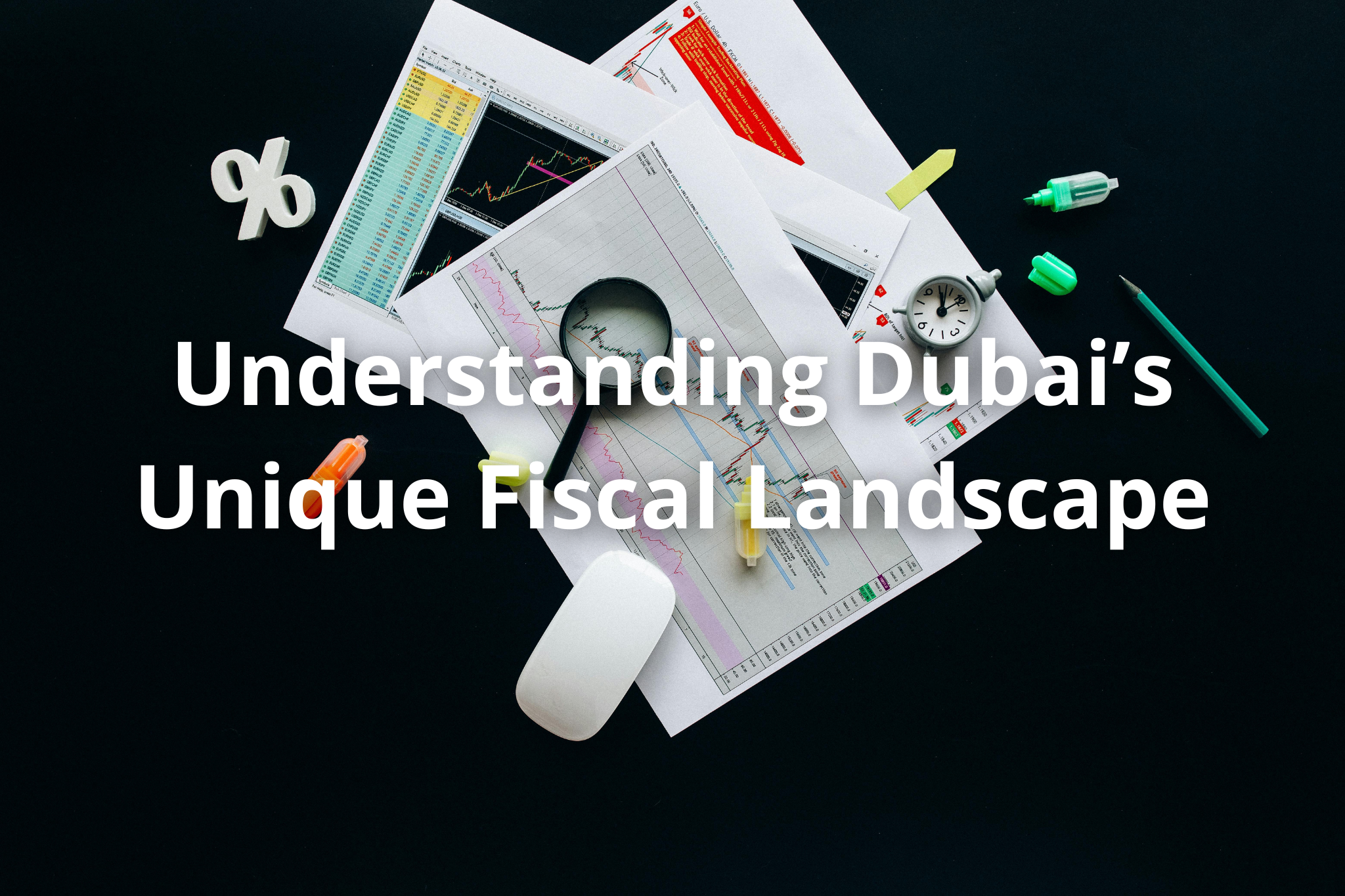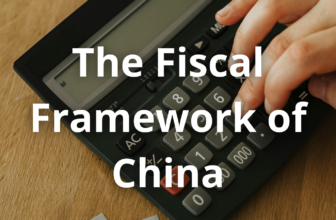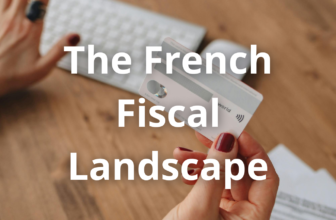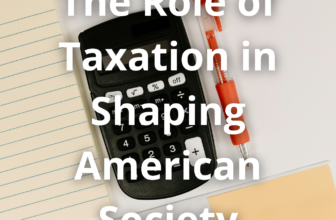
Dubai, a city synonymous with luxury, innovation, and rapid economic growth, boasts a unique fiscal environment that has contributed to its global appeal. One of the most striking aspects of Dubai’s economy is its tax regime, or rather, the lack of traditional taxes. This essay delves into the tax structure in Dubai, its implications for businesses and residents, and the broader economic strategies that underpin this system.
Read also: The Role of Taxation in Shaping American Society
The Foundation of Dubai’s Economy
Dubai’s economy is built on a diverse array of sectors, including real estate, tourism, finance, and trade. Unlike many other global cities, Dubai has managed to thrive without imposing income taxes on individuals or corporations. This policy has been a significant factor in attracting foreign investment and skilled expatriates, transforming Dubai into a global business hub.
The Absence of Personal Income Tax
One of the most attractive features of living and working in Dubai is the absence of personal income tax. For expatriates, who make up a significant portion of the population, this means that their earnings are not subject to any tax deductions by the government. This policy is part of a broader strategy to attract talent from around the world, encouraging professionals to bring their expertise to the city.
Corporate Tax Landscape
While Dubai does not levy a corporate income tax on most businesses, there are exceptions, particularly in the oil and banking sectors. Oil companies are subject to tax rates that can go up to 55%, and foreign banks operating in Dubai are taxed at a rate of 20% on their taxable income. These taxes ensure that industries that generate significant profits contribute to the economy, while the broader business environment remains tax-free, fostering an entrepreneurial spirit.

Value-Added Tax (VAT)
Introduced in January 2018, the Value-Added Tax (VAT) represents a significant shift in Dubai’s tax policy. Set at a standard rate of 5%, VAT is applied to most goods and services. This move was part of a wider Gulf Cooperation Council (GCC) agreement to diversify revenue sources in the face of fluctuating oil prices. While VAT introduces a new cost for consumers, it is relatively low compared to global standards, ensuring that Dubai remains an attractive destination for both businesses and tourists.
Economic Zones: Catalysts for Growth
Dubai has established various free zones, each with its own set of regulations and tax benefits, to stimulate economic activity. These zones are designed to attract specific industries, such as technology, media, and healthcare, by offering 100% foreign ownership, full repatriation of profits, and exemption from import and export duties.
Dubai International Financial Centre (DIFC): One of the most prominent free zones, DIFC is a leading financial hub in the Middle East, Africa, and South Asia (MEASA) region. It provides a conducive environment for financial institutions, offering a robust regulatory framework and zero corporate taxes for 50 years.
Jebel Ali Free Zone (JAFZA): JAFZA is another critical free zone, strategically located near Jebel Ali Port, the largest man-made harbor in the world. It caters to logistics, manufacturing, and trade companies, offering tax exemptions and streamlined customs procedures.
Impact on Businesses and Residents
Dubai’s favorable tax policies have had a profound impact on both businesses and residents. For businesses, the absence of corporate tax (outside the specified sectors) means higher profit margins and greater reinvestment potential. This has made Dubai a preferred destination for multinational corporations and startups alike.
For residents, the lack of personal income tax translates to higher disposable income, enhancing their quality of life and spending power. This financial advantage attracts a diverse expatriate community, fostering a multicultural environment that enriches the social fabric of the city.
Challenges and Considerations
While Dubai’s tax environment is highly attractive, it is not without challenges. The introduction of VAT, although low, has added a layer of complexity for businesses accustomed to a tax-free environment. Compliance with VAT regulations requires businesses to update their accounting practices and systems, incurring additional costs.
Moreover, the reliance on indirect taxes and revenues from free zones necessitates careful economic planning to ensure sustainability. As Dubai continues to diversify its economy, it must balance the benefits of a low-tax regime with the need to generate sufficient public revenue to support its ambitious infrastructure projects and public services.
Strategic Economic Diversification
Dubai’s approach to taxation is part of a broader strategy of economic diversification. Historically reliant on oil, Dubai has successfully reduced its dependence on hydrocarbons by investing in sectors such as tourism, real estate, and finance. The introduction of VAT and the development of free zones are components of this strategy, designed to create a resilient and sustainable economic model.
Tourism: Dubai has positioned itself as a top tourist destination, with attractions like the Burj Khalifa, Dubai Mall, and Palm Jumeirah drawing millions of visitors each year. The tourism sector generates significant revenue, supported by investments in infrastructure and hospitality.
Real Estate: The real estate sector is another cornerstone of Dubai’s economy. High-profile projects like the Burj Khalifa, Dubai Marina, and various luxury developments have attracted global investors. The absence of property tax further incentivizes real estate investments.
Finance and Trade: Dubai’s strategic location and world-class infrastructure have made it a global trade and financial hub. Initiatives like the Dubai Plan 2021 aim to solidify the city’s position by enhancing its business environment and regulatory framework.

Future Outlook
Looking ahead, Dubai’s tax policies will continue to evolve in response to global economic trends and domestic needs. The city’s leadership remains committed to maintaining a business-friendly environment while ensuring sustainable development. Potential future adjustments could include refining VAT policies or introducing new taxes aimed at specific sectors to diversify revenue streams further.
Dubai’s ability to adapt its fiscal policies while maintaining its competitive edge will be crucial in sustaining its growth and attractiveness. Continuous investment in infrastructure, education, and technology will ensure that Dubai remains a global leader in innovation and economic development.
Conclusion
Dubai’s unique tax environment, characterized by the absence of personal and broad corporate income taxes, along with the strategic implementation of VAT and free zones, has played a pivotal role in shaping its economic landscape. This approach has attracted global businesses and a diverse expatriate population, fostering rapid growth and development.
As Dubai continues to evolve, it faces the challenge of balancing its low-tax allure with the need for sustainable public revenue. Through strategic economic diversification and adaptive fiscal policies, Dubai is well-positioned to maintain its status as a global business hub and a dynamic, vibrant city for residents and investors alike. The ongoing commitment to innovation and economic resilience will ensure that Dubai remains a beacon of prosperity in the region and beyond.






